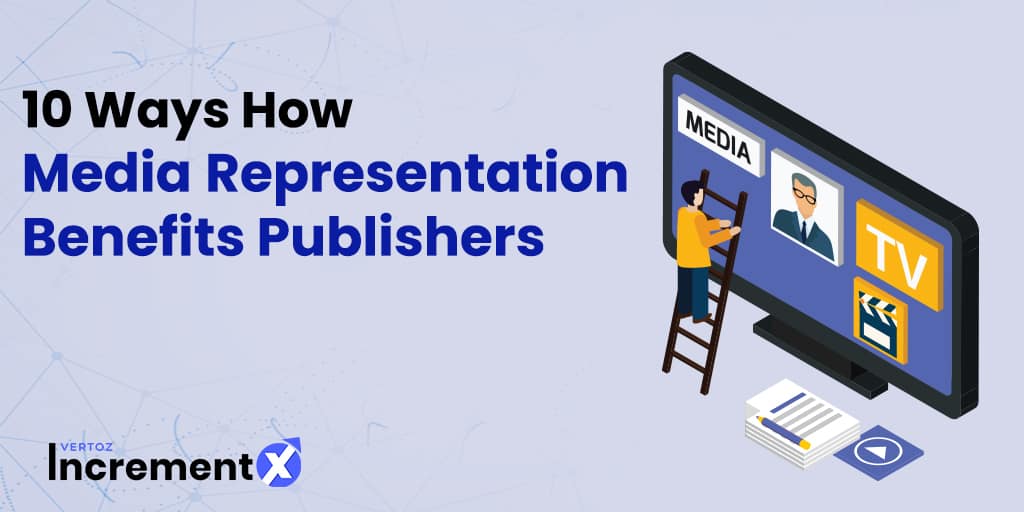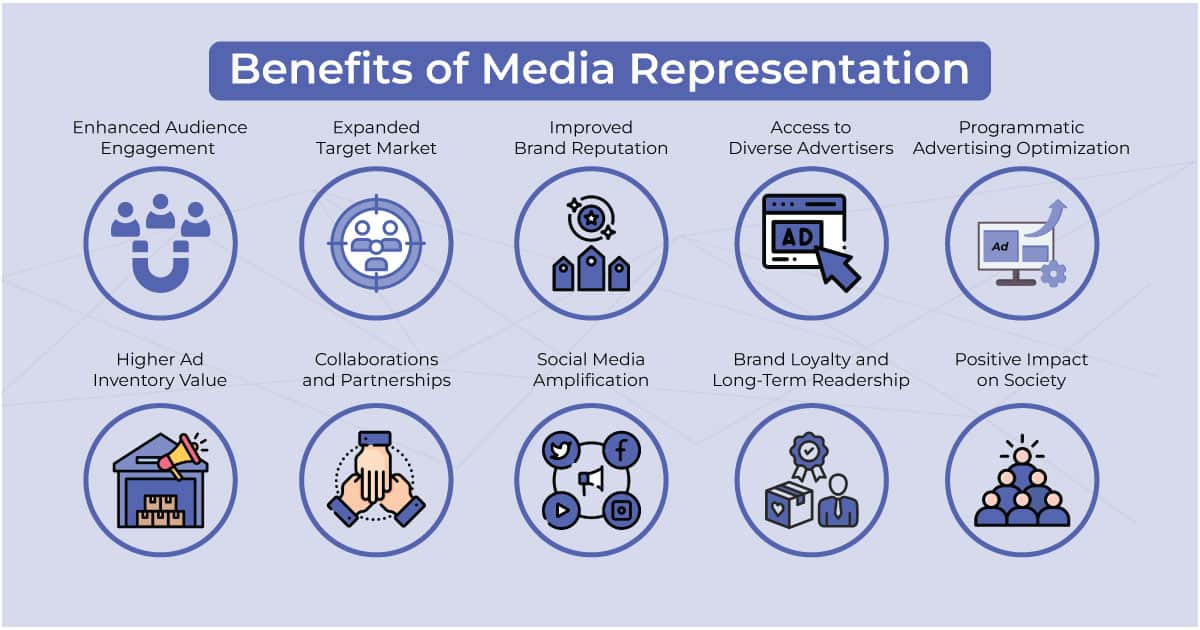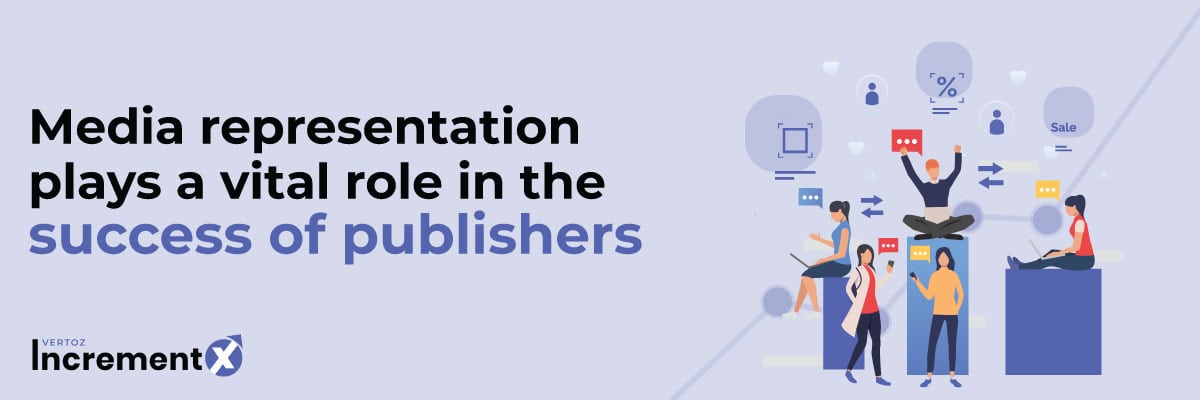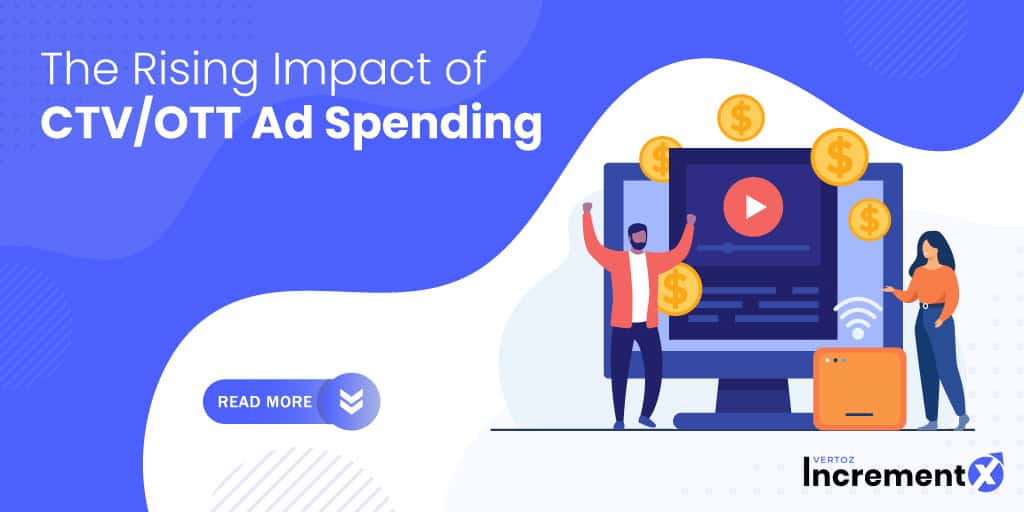In the dynamic landscape of media and publishing, the role of media representation has emerged as a valuable asset for publishers seeking to navigate the complexities of the industry. Media representation entails partnering with professionals who act as advocates and intermediaries, connecting publishers with advertisers, negotiating deals, and maximizing revenue opportunities.
Table of contents:
- Enhanced Audience Engagement
- Expanded Target Market
- Improved Brand Reputation
- Access to Diverse Advertisers
- Programmatic Advertising Optimization
- Higher Ad Inventory Value
- Collaborations and Partnerships
- Social Media Amplification
- Brand Loyalty and Long-Term Readership
- Positive Impact on Society
- Conclusion
In this article, we will delve into the ten key reasons why media representation can significantly benefit publishers, highlighting the advantages of this strategic partnership.
Enhanced Audience Engagement :
Media representation fosters a deeper connection with diverse audiences by reflecting their identities, experiences, and perspectives. When publishers prioritize inclusive content, they attract and retain a wider range of readers, leading to increased engagement metrics such as longer session durations, lower bounce rates, and higher page views. This heightened engagement improves website monetization opportunities as advertisers value platforms with an active and engaged user base.
Expanded Target Market:
By embracing media representation, publishers can tap into new and previously underserved markets. Catering to diverse communities allows publishers to attract a broader range of readers, expanding their reach and creating opportunities for monetization. Advertisers recognize the value of accessing these niche audiences, making publishers with diverse representation more attractive for programmatic advertising campaigns.
Improved Brand Reputation:
Publishers that prioritize media representation are seen as socially conscious and inclusive, enhancing their brand reputation. A positive brand image attracts both readers and advertisers who align with these values, leading to increased revenue opportunities. Advertisers prefer to associate their brands with publishers known for their commitment to diversity and representation, resulting in higher demand for ad placements and premium advertising rates.
Access to Diverse Advertisers:
Media representation not only attracts diverse audiences but also opens doors to a wider range of advertisers. As publishers diversify their content and audience, they become more appealing to advertisers seeking to connect with specific demographic segments. By offering an inclusive platform, publishers can attract advertisers from various industries and sectors, expanding their pool of potential advertising partners.
Programmatic Advertising Optimization:
Programmatic advertising relies on data and algorithms to automate ad buying and optimize campaign performance. By incorporating media representation into their content strategy, publishers can collect more accurate data on their diverse audience. This data helps advertisers target their campaigns more effectively, resulting in higher conversion rates and increased advertising revenue for publishers.
Higher Ad Inventory Value:
Media representation attracts advertisers who are willing to pay a premium for ad placements on platforms that prioritize diversity and inclusivity. As publishers cultivate an inclusive environment, the demand for ad inventory increases, allowing them to charge higher rates for their advertising space. This heightened ad inventory value leads to increased revenue potential and improved monetization strategies.
Collaborations and Partnerships:
Publishers that embrace media representation often have the opportunity to form partnerships and collaborations with like-minded organizations. These partnerships can range from content collaborations to co-branded campaigns, offering additional revenue streams and cross-promotion opportunities. Collaborations with diverse organizations also help publishers expand their audience reach and diversify their revenue sources.
Brand Loyalty and Long-Term Readership:
When publishers prioritize media representation, they cultivate a loyal readership base that feels seen and heard. By addressing diverse perspectives and experiences, publishers can establish stronger connections with their audience, leading to increased brand loyalty and long-term readership. This loyal following translates into consistent traffic, higher engagement, and sustained revenue streams
Positive Impact on Society:
By prioritizing media representation, publishers contribute to a more inclusive and equitable society. They become agents of change by challenging stereotypes, promoting diversity, and amplifying marginalized voices. This not only benefits publishers in terms of revenue and brand reputation but also creates a positive social impact. Advertisers increasingly seek partnerships with platforms that align with their corporate social responsibility goals, providing publishers with additional opportunities for collaboration and revenue generation.
In conclusion, media representation plays a vital role in the success of publishers, particularly when it comes to website monetization and advertising. By embracing diversity and inclusivity in their content, publishers can experience enhanced audience engagement, expanded target markets, and improved brand reputation. They also gain access to a wider range of advertisers and optimize advertising strategies, leading to higher ad inventory value and increased revenue potential.
Furthermore, media representation offers publishers opportunities for collaborations and partnerships, as well as social media amplification. By prioritizing diverse voices and experiences, publishers can cultivate brand loyalty and establish a long-term readership. Importantly, promoting media representation not only benefits publishers’ financial success but also contributes to a more inclusive and equitable society.
In today’s digital landscape, publishers must recognize the significance of media representation. By embracing diversity, challenging stereotypes, and amplifying marginalized voices, publishers can thrive in the ever-changing world of monetization and advertising. The impact of media representation extends beyond revenue generation, as it fosters positive social change and creates a more inclusive online ecosystem.
In summary, media representation is a crucial factor for publishers looking to maximize their website monetization and advertising efforts. By prioritizing diversity and inclusion, publishers can unlock new revenue streams, reach a wider audience, and foster meaningful connections with their readers. It not only improves engagement metrics but also attracts diverse advertisers who value platforms that reflect the rich tapestry of society. Media representation creates a win-win situation, benefiting publishers financially while contributing to a more inclusive and equitable digital landscape. By embracing diverse voices and experiences, publishers can thrive in the ever-evolving world of digital media and position themselves as leaders in the industry.





